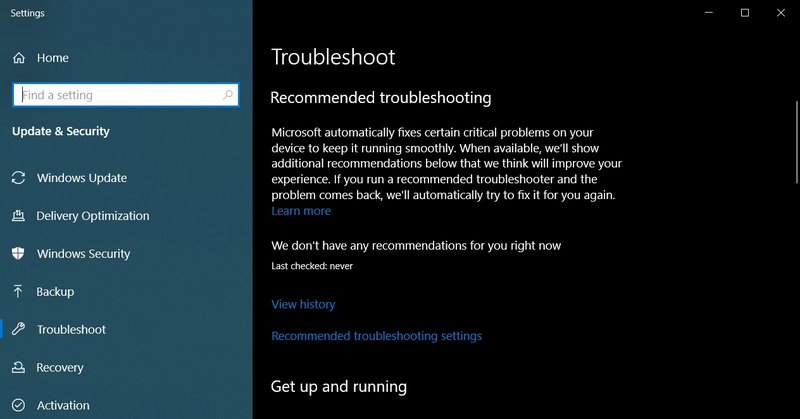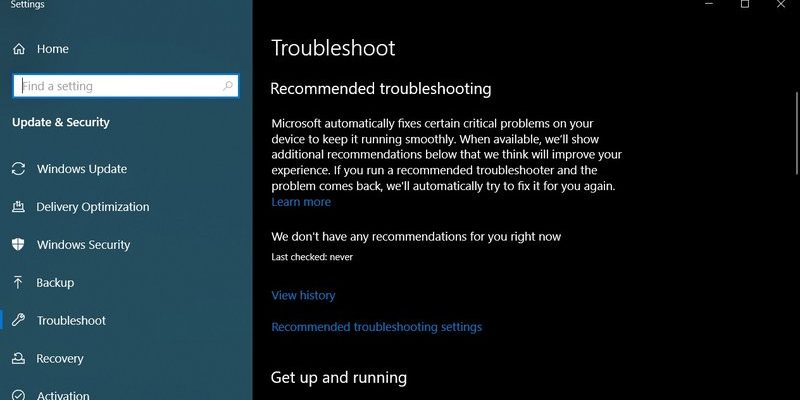
Think of your garage door opener as a well-oiled machine—but when it starts sounding like a rusty hinge, it’s time to put on your troubleshooting hat. Let’s break down the common causes for these sounds and how you can resolve them, so your opener runs smoothly again. You might even save a few bucks by sidestepping a repairman visit!
Understanding Garage Door Mechanisms
Before diving into troubleshooting, it’s crucial to understand how your garage door opener works. At its core, the opener is a system composed of a motor, drive mechanism, and rail that helps open and close the door. When you press that handy remote or wall button, signals trigger the motor to engage the gears, moving the door along the track.
If you hear grinding or scraping, it’s often a sign of something blocking or misaligning this system. Think of it like the gears in a bike: if they’re not lubricated or there’s something caught in them, you’re going to hear it—and it’s not going to be a pleasant sound. Let’s explore some common reasons behind those unsettling noises.
Common Causes of Grinding Sounds
There are a few frequent culprits behind the grinding sounds you might hear from your garage door opener.
- Worn-out gears: Over time, the gears inside the motor may face wear and tear, causing them to grind against each other.
- Loose or missing parts: Nuts, bolts, or even the rail itself may shift or come loose, leading to that dreadful noise.
- Improper alignment: If the door or tracks are misaligned, it can create friction during operation, which can result in grinding sounds.
Each of these problems is manageable with a bit of troubleshooting. So let’s dive in to remedy those issues!
How to Check and Lubricate Your Garage Door Opener
First on your list should be to inspect and lubricate the moving parts. Just like your bike chain needs some oil now and then to run smoothly, your garage door opener requires similar attention.
– Begin by disconnecting power to the opener. Safety first, right? You don’t want it accidentally starting while you’re working.
– Lubricate all moving parts. Focus on the rail, the rollers, and the hinges. Use a silicone-based lubricant or a special garage door lubricant for the best results.
– Don’t forget the garage door springs. A little grease can go a long way to quieting those pesky noises!
After you’ve completed this, reconnect the power and test the door. If the grinding continues, it’s time to dig a little deeper.
Inspecting the Gears
Next, let’s check the gears. Worn or broken gears can lead to those irritating grinding sounds, and if left unaddressed, they can worsen over time.
– Remove the cover from the motor unit to access the gears. Depending on your model, this can usually be done with a screwdriver.
– Carefully inspect the gears for wear and tear. If they’re chipped or significantly worn out, you’ll want to replace them. Many manufacturers offer replacement parts specifically for their models, which can make this a straightforward DIY fix.
– To replace, ensure you’ve disconnected the power once again and follow the manufacturer’s instructions closely.
After you’ve inspected and replaced any damaged gears, test the opener to see if the sound persists.
Adjusting Door Alignment
If lubrication doesn’t seem to do the trick, the next possible culprit is door alignment. A misaligned garage door can lead to grinding and scraping sounds as it struggles to open and close.
– Start by visually inspecting the door while it’s closed. Look for any gaps or unevenness that might indicate misalignment.
– If needed, grab a level to determine if the tracks are level. If they’re not, you may need to loosen the bolts and adjust them accordingly.
– Check your garage door’s balance by manually lifting it. It should move smoothly without any resistance. If it doesn’t, you might want to check for obstructions or need to adjust the spring tension.
After making any necessary adjustments, test the door again to see if the sounds have ceased.
Checking the Remote Control and Battery
Believe it or not, sometimes your remote can play a role in the strange sounds coming from your garage door opener. A malfunction or weak battery may cause a lack of proper communication between the remote and the opener.
– Start with the battery. Replace it with a fresh one to rule out low power. It’s a simple fix!
– Then, ensure that the remote is correctly synced with your opener. Check the manufacturer’s instructions for how to pair it back up.
– Finally, try using the wall switch, if you have one, to see if it operates without any sounds. If it runs smoothly, the remote might be the issue.
If you suspect a problem with the remote, this might be a good time to consider getting a new one—especially if you’ve had the same one for years.
Seek Professional Help as a Last Resort
If you’ve gone through all these troubleshooting steps and are still hearing grinding or scraping noises, it might be time to call in a pro. Sometimes, the problem can stem from more complex internal components of your garage door opener that require specialized tools and knowledge to diagnose.
– Before calling for help, make a note of the issues you’ve noticed and the steps you took. This information can help the technician quickly identify and resolve the problem.
– Make sure to get quotes from multiple service providers. Asking about warranties or guarantees can save you money in the long run.
Preventative Maintenance Tips
Once you’ve resolved the grinding or scraping issue, it’s wise to take some preventative measures to keep things running smoothly.
- Regular Inspection: Check your garage door opener and its components monthly or every few months.
- Keep it Clean: Dust and debris can build up in the gears and tracks over time. Give everything a good cleaning during inspections.
- Lubricate Annually: A yearly lubrication can help ensure optimal performance.
- Check Springs and Cables: Look for wear and tear. These parts are crucial for smooth operation.
By taking these preventative steps, you’ll help to extend the life of your garage door opener.
You don’t have to be a mechanic to troubleshoot a garage door opener making grinding or scraping sounds. By following these steps—checking for wear and tear, ensuring the right alignment, and doing a bit of regular maintenance—you can often fix the problem on your own.
And remember, if all else fails, there’s no shame in calling in a professional. A quiet garage door can bring peace of mind, so don’t hesitate to take action for your garage door opener. Happy troubleshooting!
